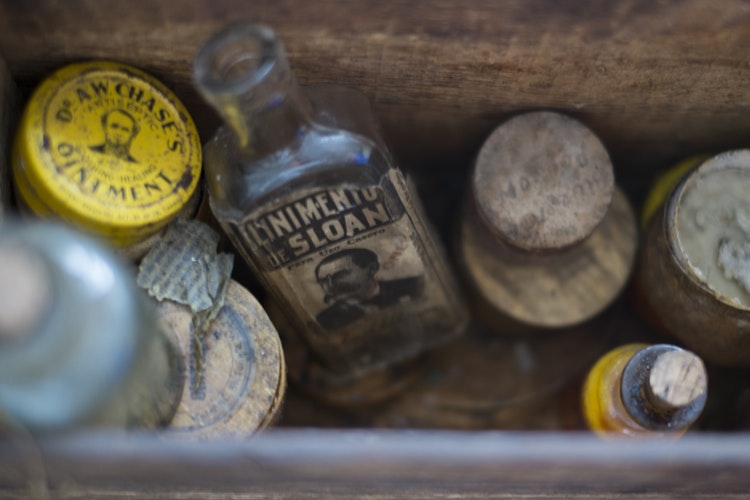
It is common to stereotype a friend, who drinks too much, as an alcoholic. However, the Canadian Centre on Substance Use and Addiction has set clear guidelines to help identify alcoholism. For men, more than fifteen drinks per week or three drinks a day qualifies as alcoholism. For women, the number is ten or more drinks in a week/ more than 2 drinks per day.
Despite having knowledge of these figures, not many of us may be able to identify alcoholism in our near and dear ones. This is because not all alcoholics drink as much in public. In fact, few are open about how much they crave liquor and even fewer publicize the habit.
This is, even more, the case with high-functioning alcoholics, who often don’t come across as any different from the rest of us. Such individuals have developed a resistance to alcohol; they don’t appear intoxicated even after having consumed more than the acceptable quota of liquor.
Nevertheless, there are salient social-behavioural patterns that we can observe in alcoholics, which will help pinpoint their addiction. Amongst them, five important indicators are:
Devious Priorities
An occasional and responsible drinker would never consider alcohol as a substitute for a hobby. Nor would they prioritize drinking over going to work or their child’s concert. Many alcoholics have a skewed idea of what is and is not important to them. They choose drinking over adult responsibilities, important life events, and, even, their loved ones. If your brother spends his wages on whiskey when he should be paying off his monthly mortgage, you know there is a problem.
Relationship Difficulties
As a consequence of constantly putting their duties and family second, alcoholics face a lot of problems in their current relationships. They also have trouble making new friends, especially with those who try to persuade them against drinking. Many a time, alcoholics begin straying away from their usual social groups and closest friends, in order to avoid conflicts. Observed in combination with the other behaviours listed here, this is a sure sign of alcoholism.
Reactive Drinking
There are many reasons to celebrate, but it doesn’t always have to be with liquor. If the concerned person finds excuses to drink, it could be an obvious sign. Moreover, if alcohol becomes a solution to life’s struggles, such as with drinking after a lovers’ quarrel, a business issue or something as simple as losing a game, it is time for a consultation with a physician.
Impaired Efficiency
Limited intake of alcohol does perk up the brain, especially in social situations. In contrast, frequent drinkers suffer from deteriorating memory, shortened attention spans and defective decision-making abilities. When alcoholism interferes with a coworker’s or a friend’s performance, it shows in the quality of their work/ grades, as depleted interest in activities and remorse from not being able to achieve as they would have otherwise.
Breaking the Law
Compulsive alcoholics often get into trouble with the law. It could range from reoccurring DWI (Driving While Intoxicated) penalties and shoplifting to domestic and weaponized violence. When the government knows about a dear one’s drinking problem, it is time, we, at Neworld Medical Detox, do too. We can help your loved one discover a new world without alcohol.

